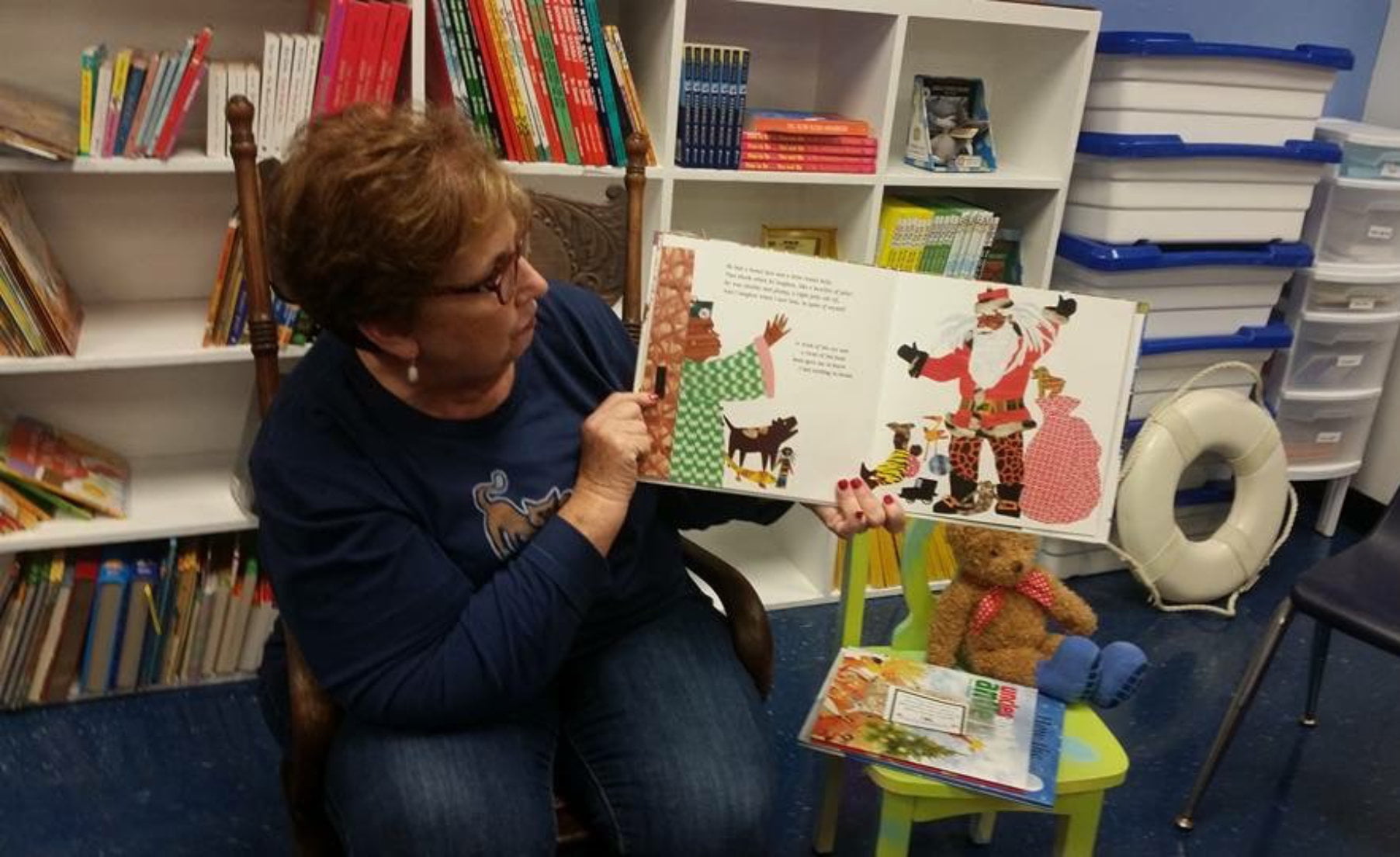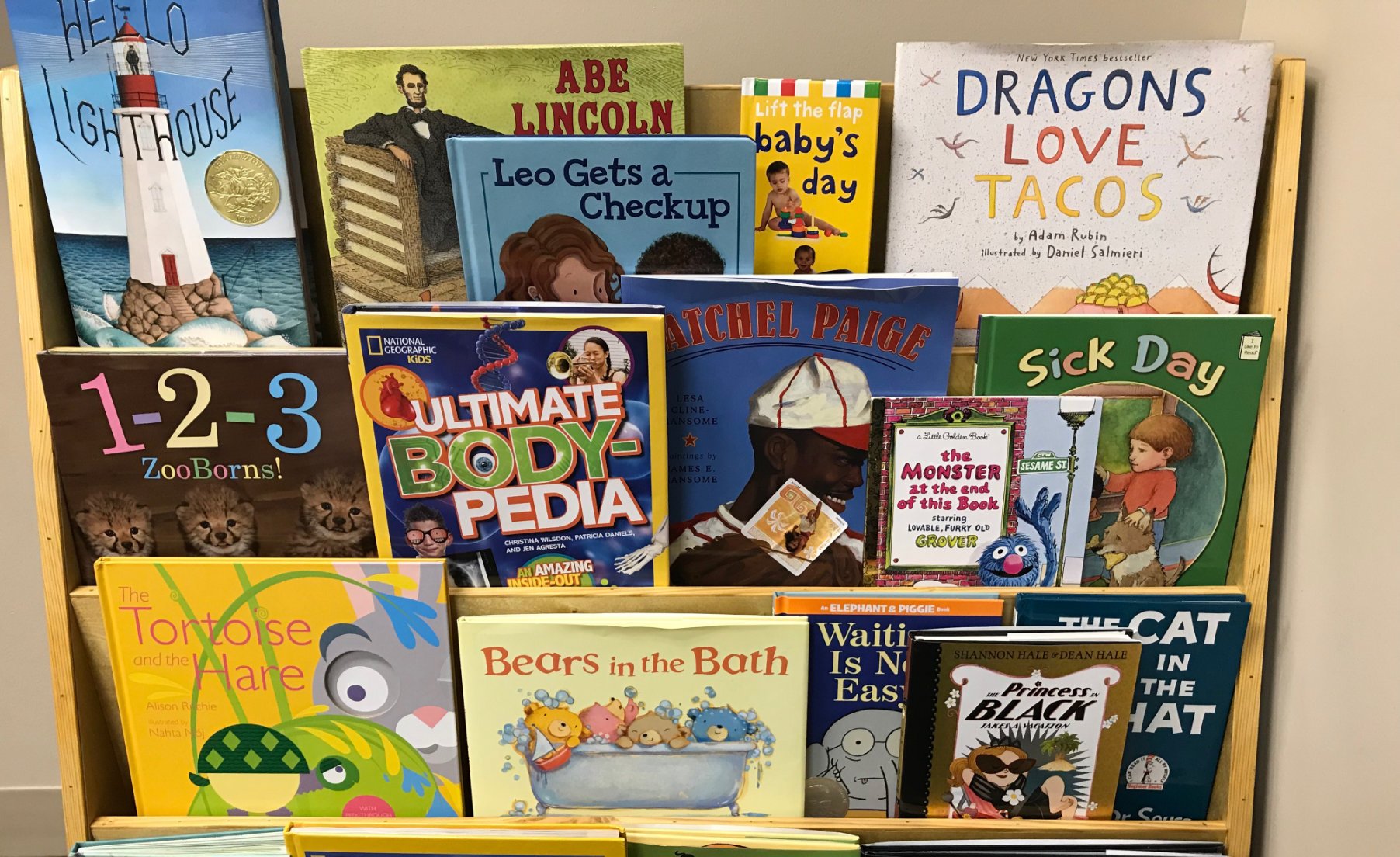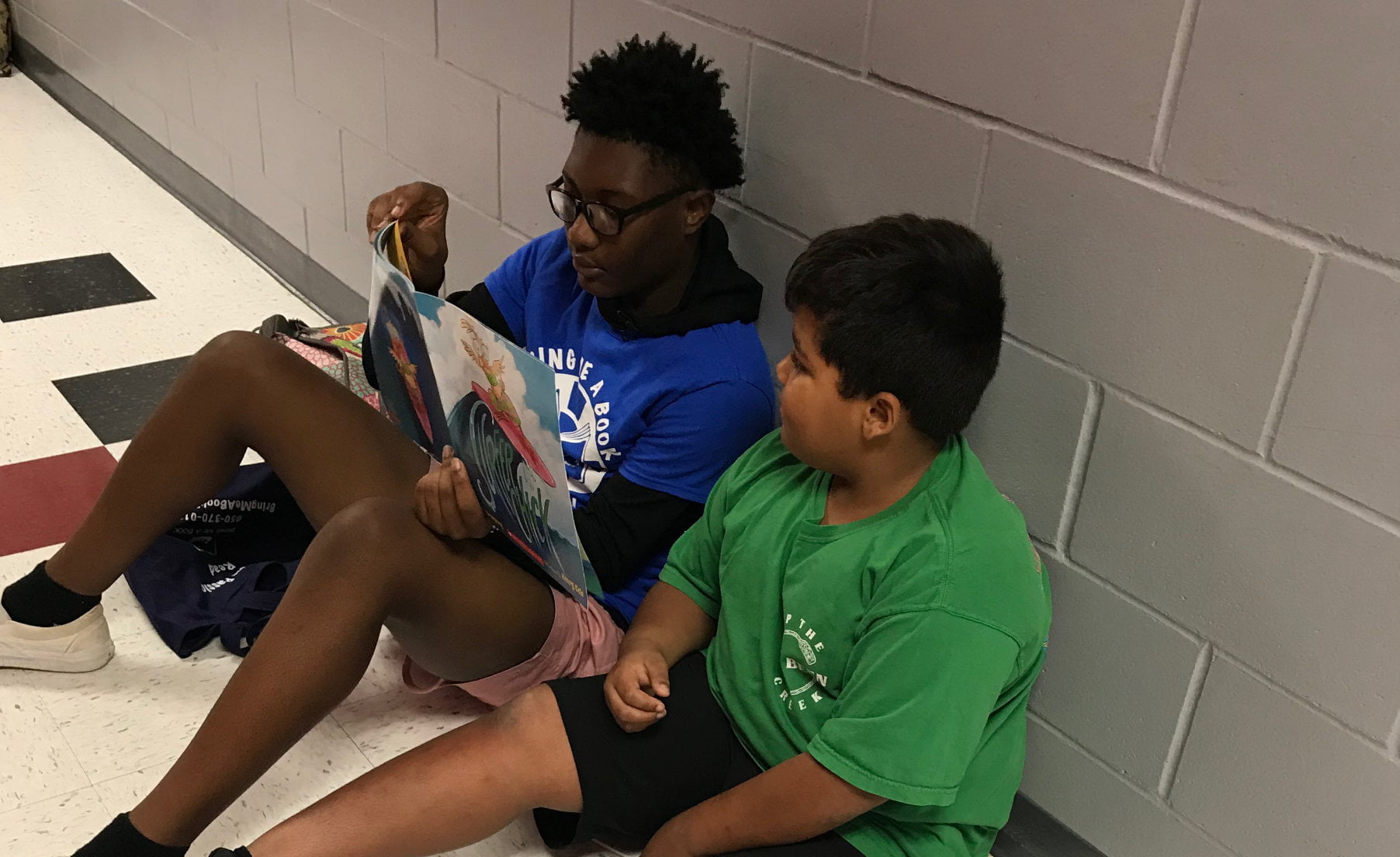Why the Effort?
Research shows that 90% of human brain development occurs in the first five years of life, and that reading to a child during this developmental period is critical to building skills and foundation blocks on which future literacy and, therefore success in school, is based.
In 1983, the U.S. Department of Education created its first Commission on Reading to explore the reading decline. Its 1985 report (Becoming a Nation of Readers) included this findings: “The single most important activity for building the knowledge required for eventual success in reading is reading aloud to children”. Jim Trelease, a noted author and lecturer on reading aloud to children writes: “We read aloud to children for the same reasons we talk to them: to reassure; entertain; bond; inform; arouse curiosity; and to inspire. But reading aloud goes further than conversation when it: conditions the child to associate reading with pleasure; creates background knowledge; builds “book” vocabulary; and provides a reading role model.“ A child who is read to aloud during the pre-school years, for as little as 20 minutes a day, starts school two years ahead of a child who has not received such a benefit.




